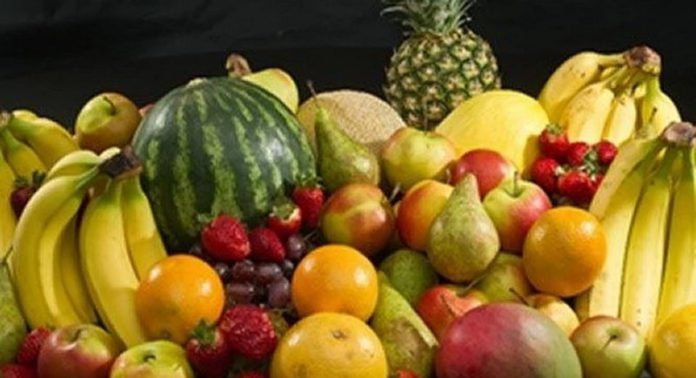Fruits are an important part of a healthy and well-balanced diet. They are low in calories and fat but high in fibre.
They also contain health-enhancing plant compounds such as antioxidants and they are filled with vitamins and minerals.
Experts recommend fruits for improving an individual’s overall well-being and helping prevent various diseases (heart disease, high blood pressure, stroke and some cancers).
Examples of healthy fruits include apples, blueberries, bananas, blackberries, cherries, pears, pineapples, oranges, kiwis and many more.
Diets rich in nutrients typically include fruits because they help individuals sustain a healthy weight.
Commonly asked questions concerning fruit
- Should fruit be consumed before a meal or hours after a meal?
- Should fruit be consumed on a full stomach or on an empty stomach?
One response, in particular, comes from a study published in the journal of ‘Endocrine, Metabolic & Immune Disorders -Drug Targets’. Fruit and its derivatives, such as fruit juice, contain polyphenols. Polyphenols have antioxidants and anti-inflammatory properties that shield the body from free radicals and other molecules that cause inflammation. These “enemies” of the body are produced in large quantities just after eating an unbalanced meal, particularly food high in fat, carbohydrates or calories.
Citrus fruits after a fatty meal
It is not the first time that scientific research has dealt with the benefits of eating plentiful fruit after a meal. For example, a study at the University of Buffalo (United States) appeared in 2010 in The American Journal of Clinical Nutrition, promoting the role of flavonoids in orange juice as “scavengers” in the body. Two antioxidants, naringin and hesperidin, neutralize the oxidative stress and inflammation generated by an unhealthy meal and prevent damage to the blood vessels.
Naringin is a flavonoid found in grapefruit, lemon, oranges, clementines, tangerines, and cedar. This flavonoid is important for strengthening the capillary walls, purifying the body and promoting weight loss. It also has an effect on the flu, acts as a muscle relaxant, it has anti-cancerous agents, hepatoprotection and anti-atherogenic mechanisms.
What kinds of fruit have a positive impact on postprandial stress?
Fruits that best play an antioxidant role are purple fruits that fight free radicals responsible for cellular ageing and inflammatory diseases. Among these fruits are blueberries, black plums, black grapes, blackberries and plums.
Is it better to eat fruit before or after meals?
Preferably, fruit should be eaten before the two main meals because the fibres it contains help reduce the absorption of simple sugars, thus reducing the glycemic index of foods. Contrary to what is often recommended in weight-loss diets, fruit in between meals stimulates the endogenous production of insulin and therefore stimulates hunger rather than reducing it.

